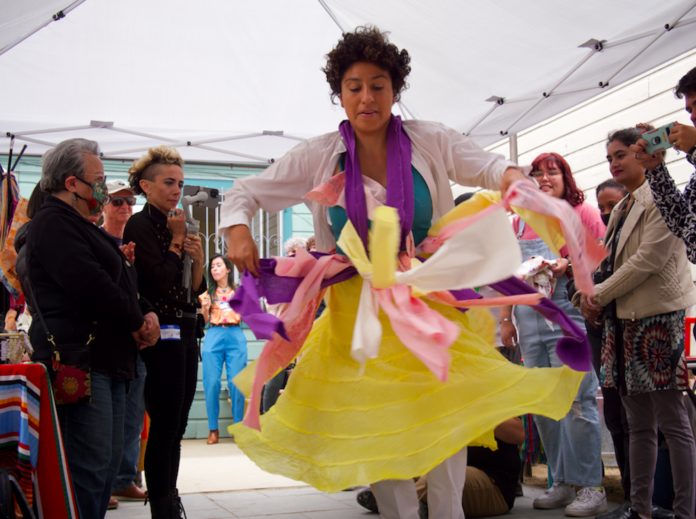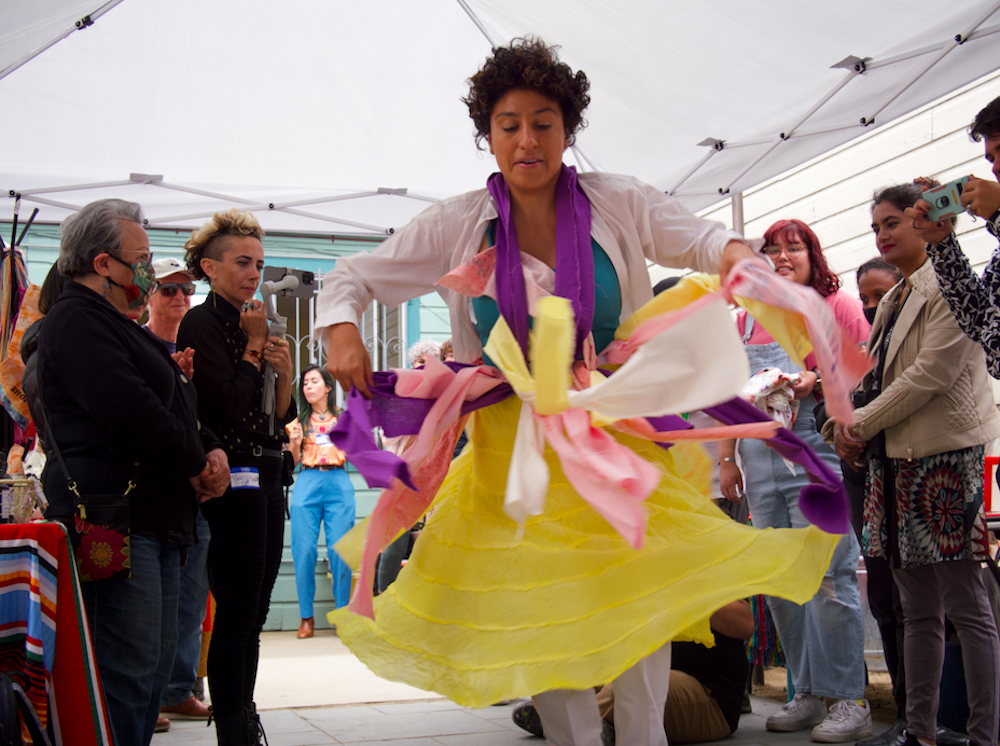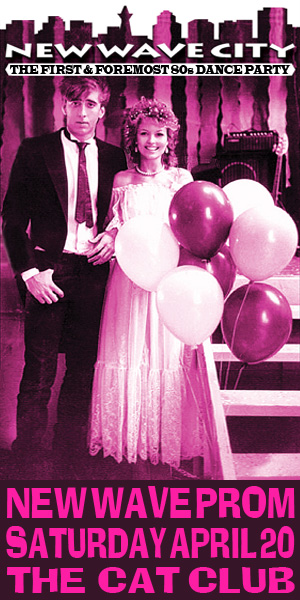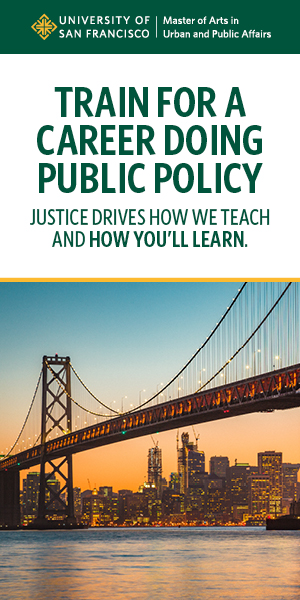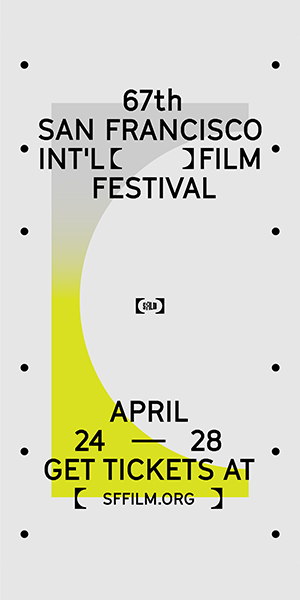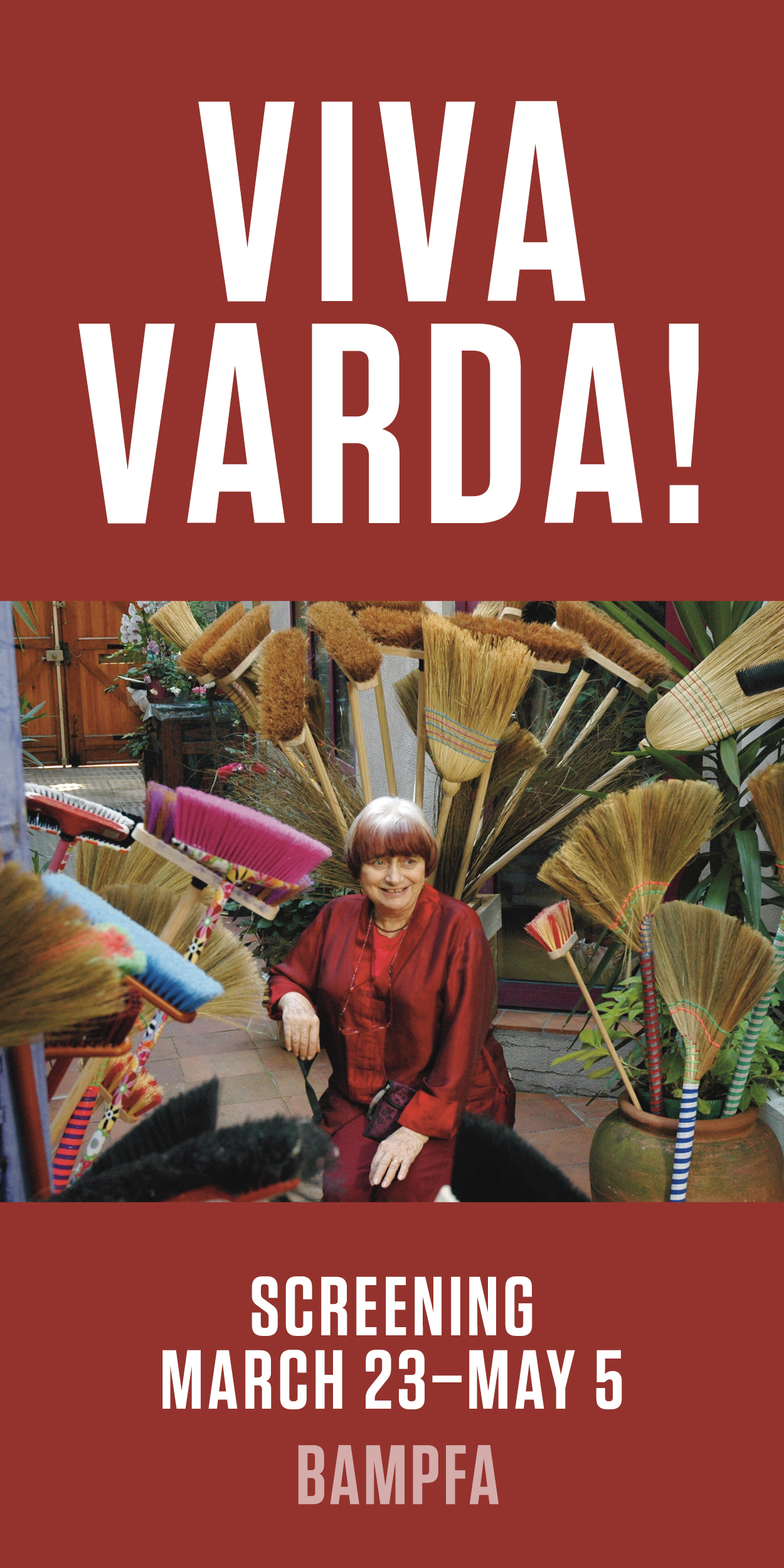On a rainy Saturday afternoon on Mission Street, I had to shake down an artist for a painting. These are words I never would have thought to write in my adult life, but here we are. In my effort to support local art, I commissioned an homage to my Gen X city kid nostalgia in the form of an artistic rendering of a personalized Fast Pass. The artist was responsive, and he gave me updates on the progress through IG messages and pictures.
But over the next few weeks, I realized that while this maker loved to create the work, he was not aware that in order to sell art for money, a consistent practice is required. To date, I haven’t received my painting. But, the experience gave me insight it what kinds of support and counseling an artist might need to sustain their art practice.
For many people in the arts and culture sector, a steady income and “dignified life” comes through having commissioned work, explained Arturo Méndez. He’s the co-founder, with Therese Davis, of Arts.Co.Lab, an educational laboratory that is teaching BIPOC artists to look at their creative practice as a business.
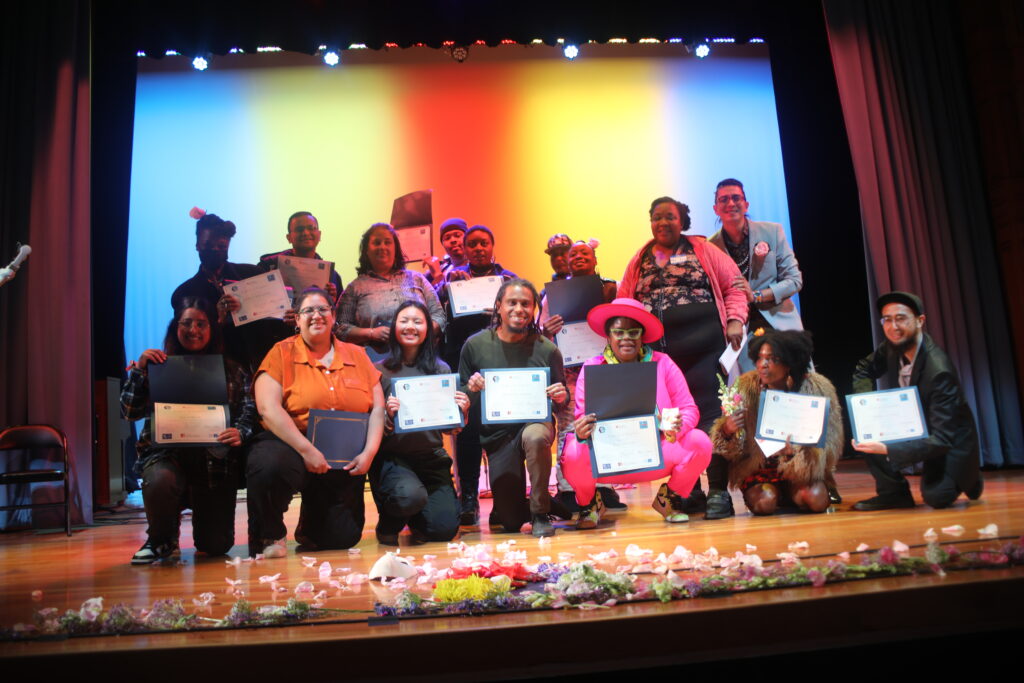
“My role is of a visionary community organizer who’s just trying to figure out a different route, a different way to be an artist and to make art in community,” Méndez told me in an interview.
The co-founder of La Diaspora Festival, Méndez is a creative himself—a musician in the band INTI. During the pandemic, he discovered that finding funding to support his craft could be a challenge. But he also realized he wasn’t alone. Méndez created Arts.Co.Lab to share what he learned along the way.
“It is true that this system is rigged and it’s true that we wish that it was different,” he said. “We are not attempting to make it different by protesting and marching, but aiming at transforming it through outsmarting it.”
“The artist has two jobs,” said Méndez. The first is “creating art and developing narratives that reflect their lives.” Secondly, they have to become entrepreneurs, even if the tools and the knowledge needed to get there are not widely available to many artists. Méndez says the art world is based on feudalism—that artists need to have a patron to be able to live a dignified life.
“We [Arts.Co.Lab] are creating a network of artists who are ready to dismantle the funding system in the arts and culture,” said Méndez.
Often, artists must create communication systems, like a website, an online store, or an Instagram page where they can document, share and sell their work. But using online platforms can make artists vulnerable as well. Sometimes, they must fight for ownership of their work against artificial intelligence (AI) companies—against copyright infringement, and use of their pieces to train AI systems.
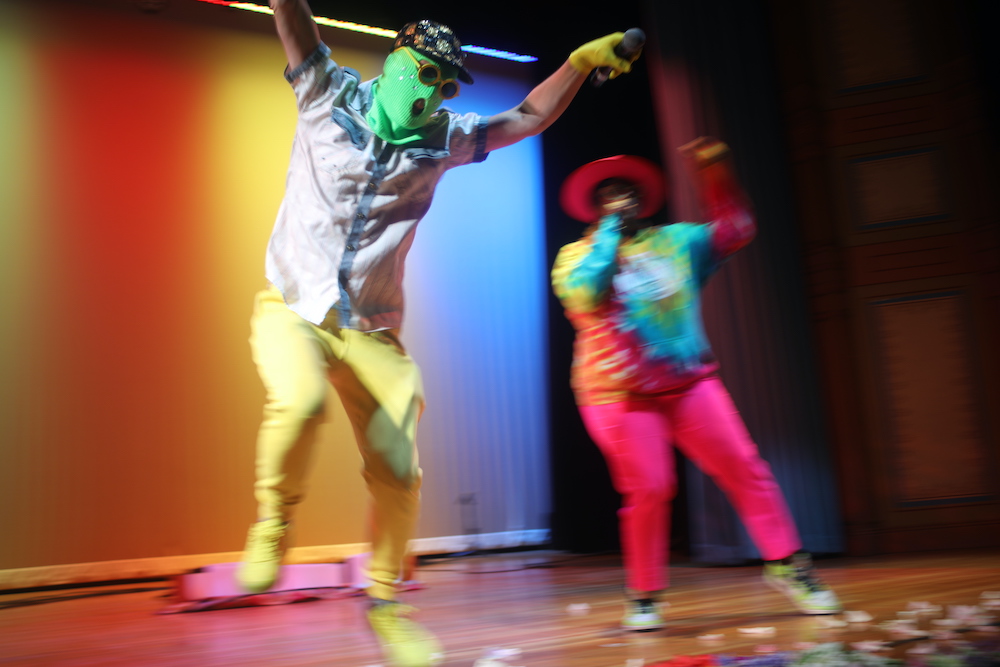
Couple this with art world nepotism. For those who have connections, degrees, and access to gallery space, it’s easier to get commissioned work or spaces where their work can be sold.
“I think that we have made privilege the culprit in our society in the last few years,” said Méndez. “However, there are connections. There are people who are in a better position to take a gig or a contract or a commission.”
Such connections prove that art money is out there. For example, after LED artist Leo Villareal’s “The Bay Lights” went dark in March for the first time after its 2013 installation, news spread that its promoter, arts organization Illuminate founder Ben Davis, was campaigning for a hefty $11 million to repair and maintain the piece. Having created a large-scale art exhibition that warrants such expensive upkeep is a problem of which many new artists can only dream.
The spectrum of the Bay Area’s art world works often can seem mysterious and inaccessible for artists trying to navigate fundraising and promotion of their work. And things might be getting worse. At the beginning of her term, Oakland Mayor Sheng Thao proposed cutting the arts and culture budget, leaving many programs questioning their livelihood and sustainability.
Even seemingly golden opportunities require education for artists on fiscal responsibility and curational support. In April, the Fine Arts Museums of San Francisco announced the call for submissions to deYoung Open, a program that would bring more visibility and access to Bay Area artists by exhibiting their work in a large public museum. Such a showing brings visibility, but also expectations and pressure to which some unprepared artists may fall victim.
Proper career preparation could potentially help change stories like that of Binta Ayofemi, who made headlines for neglecting to pay thousands of dollars in back rent debt, and allegedly fabricating that she would be purchasing and reviving the Bayview district’s legacy Black-owned bar Sam Jordan, which closed its doors in 2019.
Creating some equity in the system and sharing knowledge of the funding processes are some of the goals Méndez had in creating Arts.Co.Lab. He keeps the application process simple: artists who want to participate only need to send a message of interest.
“We are making the bar very low, because we’re not trying to keep people out of this knowledge,” said Méndez.
Up to 14 artists can join the fee-based cohort, which is seven weeks long. During the cohorts, artists learn how to write grant applications and how to market their businesses, and receive strength assessments meant to coach them through challenges. The program goes over the process of developing a project that will look fundable and profitable to potential sponsors and investors. Once they have acquired funding, the lab then provides support to the artists through the curation and production of their projects.
“We are developing better practices around how to communicate with artists, how to communicate the value of what we do with artists, and how to communicate the commitment that it takes,” said Méndez.
For more information on Arts.Co.Lab, go here.


